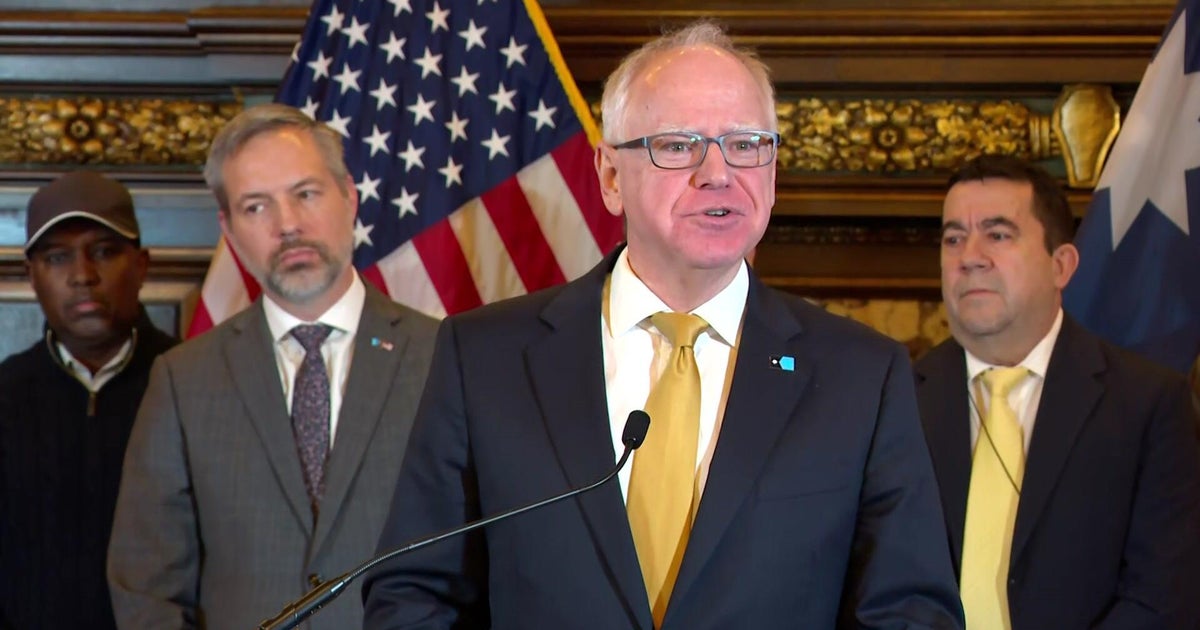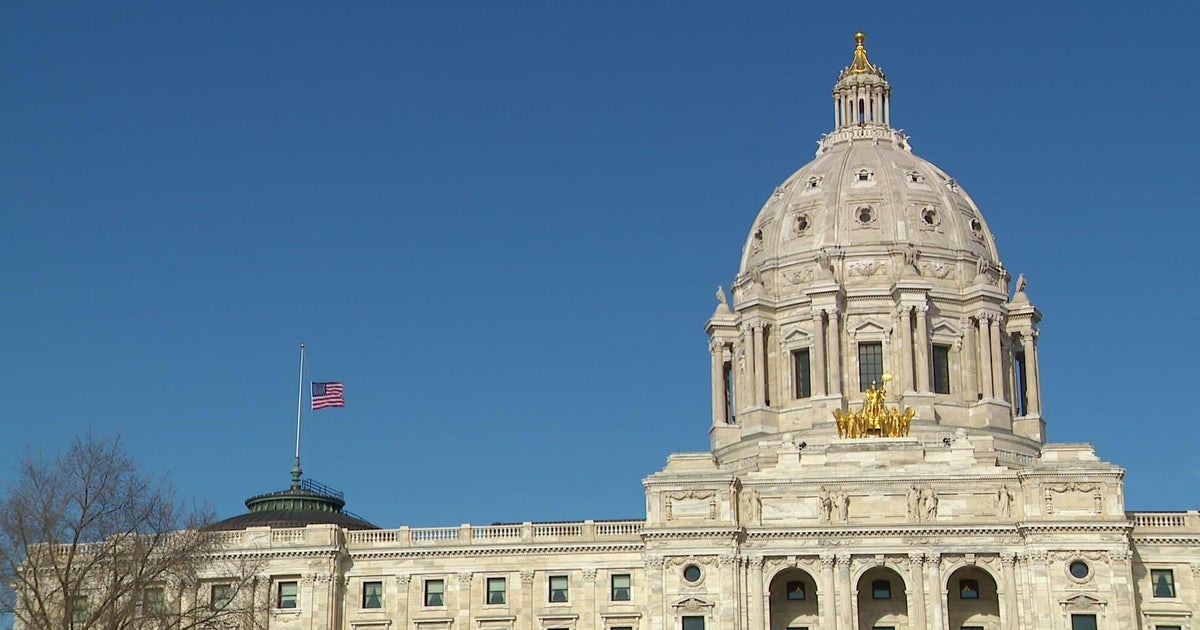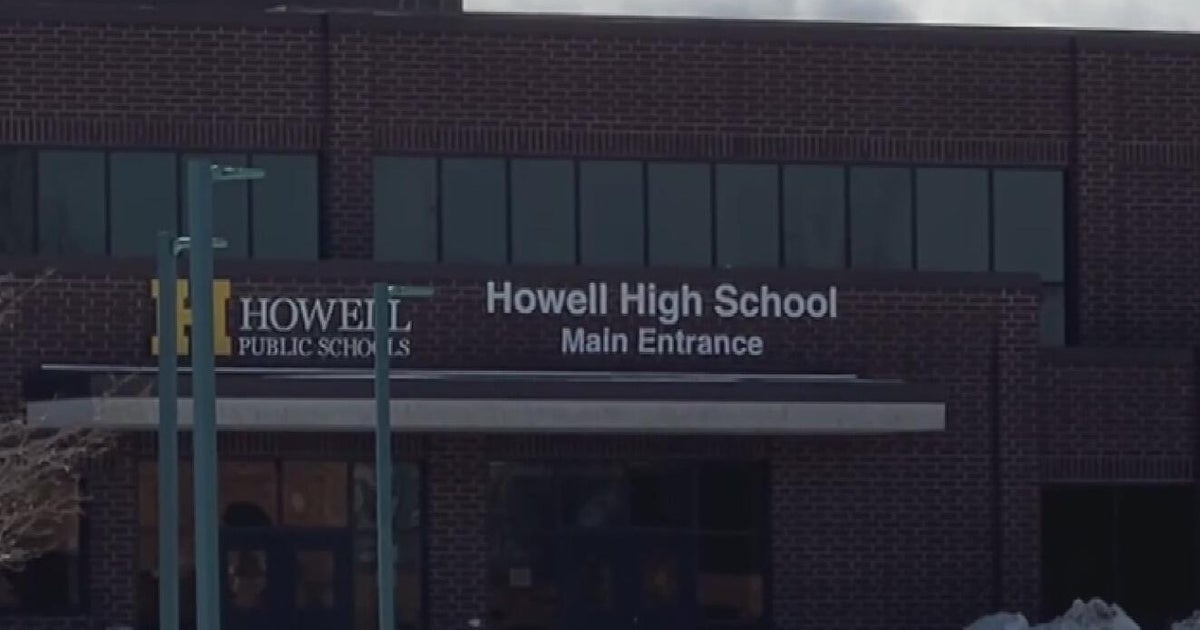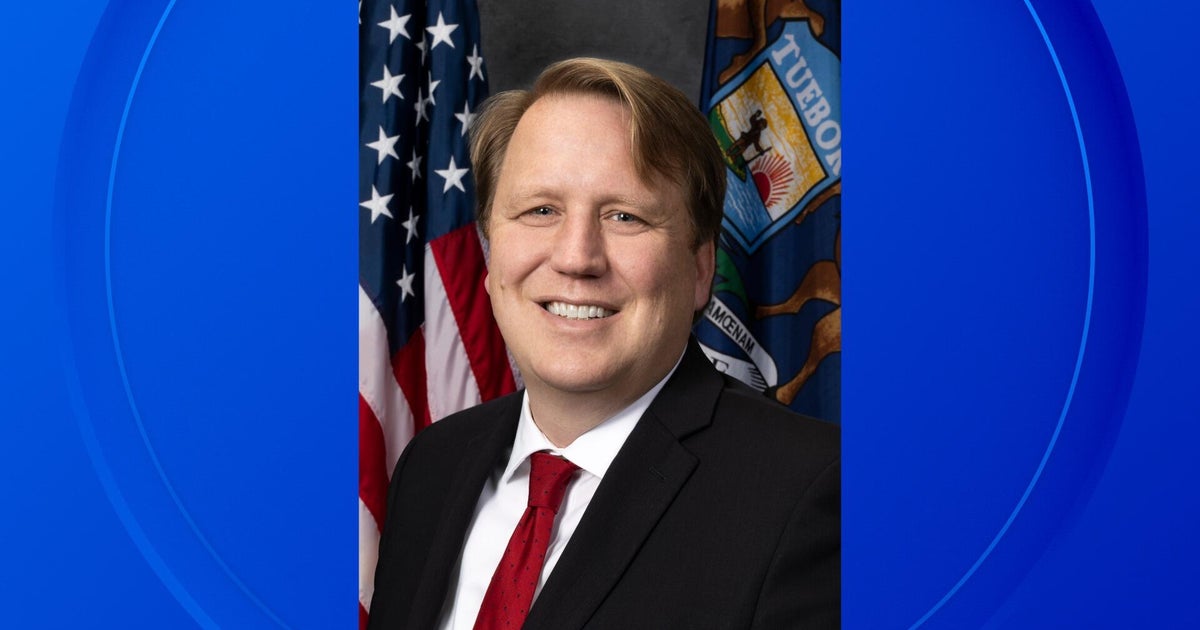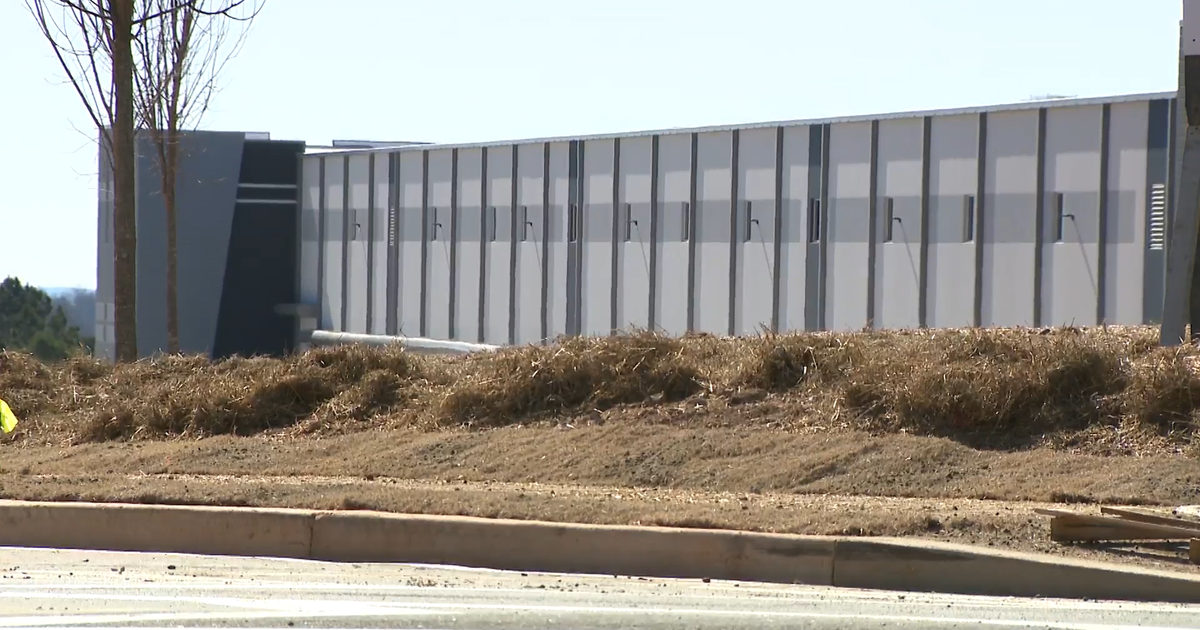Minnesota officials react to Supreme Court student loan ruling
MINNEAPOLIS -- The Supreme Court struck down President Biden's student loan forgiveness plan on Friday, denying relief to roughly 40 million Americans who could have had $20,000 in student debt wiped away.
In a 6-3 conservative majority, the court determined that the law does not grant the secretary of education the power to forgive student loan debt under the 2003 HEROES Act, which allows the secretary to forgive debt during a national emergency.
The court invoked the so-called "major questions" doctrine in part of its ruling, a legal theory that holds there must be clear congressional authorization if an agency wants to decide an issue of "vast economic or political significance."
Justice Elena Kagan, in the dissenting opinion, argued that the court overreached.
"The result here is that the Court substitutes itself for Congress and the Executive Branch in making national policy about student-loan forgiveness," she wrote.
MORE: When do student loan payments resume? Here's what the SCOTUS ruling means for the repayment pause.
Rep. Ilhan Omar denounced the court's decision.
"43 million Americans. That's how many people the rightwing partisan justices on the Supreme Court just condemned to years -- sometimes a lifetime -- of debt thanks to their own corruption," she said. "This will prevent Americans from opening businesses, from starting families, paying rent, and paying medical bills."
She added there was a "depth" to the "corruption" of the justices who struck down the plan, noting that Clarence Thomas had reportedly accepted gifts from a billionaire donor - including college tuition for a child he was raising. That was "especially ironic given his ruling today," Omar said.
RELATED: Supreme Court rejects affirmative action, ending use of race as factor in college admissions
Dennis Olson, Minnesota's Higher Education Commissioner, said the ruling "only serves to underscore the national conversation on the cost of higher education."
"For too many students, cost of attendance is the primary barrier preventing them from enrolling in college. In Minnesota, we have taken a stand to address this concern and ensure students have the financial support necessary to break down this barrier," he added.
The Minnesota legislature this session passed a higher education omnibus bill that included $117 million for free higher education to the state's public colleges for students with families making under $80,000 a year. The "North Star Promise" scholarship is expected to impact between 15,000 and 20,000 a year.
The American Indian Scholars program, also passed this year, provides a tuition and fee-free pathway for any Minnesota resident who is an enrolled member or citizen of a federally recognized American Indian tribe or Canadian First Nation to attend a Minnesota State institution.
